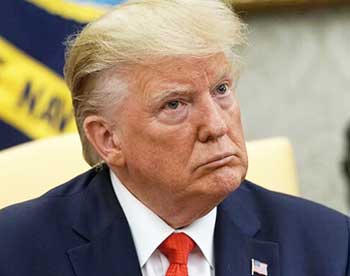The Supreme Court of India is gearing up to review the Electoral Bond Scheme, a mechanism introduced in 2018 to facilitate anonymous donations to political parties. With the 2026 general elections approaching, the review has ignited a debate about political transparency, governance, and the integrity of election funding.
🔹 Background of the Electoral Bond Scheme
Electoral bonds allow individuals and corporations to donate money to political parties through designated banks without publicly revealing the donor’s identity.
Critics argue that this lack of transparency favors parties in power and skews electoral competition, while supporters claim it streamlines political funding and reduces cash-based contributions.
The scheme has become a focal point in political discourse, with opposition leaders repeatedly calling for reforms. Congress spokesperson Randeep Surjewala said, “Voters have a right to know who funds political campaigns. Electoral bonds in their current form undermine democracy.”
🔹 Supreme Court Intervention
The apex court’s upcoming hearings will examine legal challenges questioning whether the scheme violates principles of transparency and equality in elections.
Senior advocate Arvind Datar, representing a petitioning group, told reporters, “The scheme must be scrutinized to ensure it does not privilege certain political entities or donors at the expense of democratic fairness.”
The bench is expected to consider:
Disclosure of donor identities to the Election Commission
Limits on corporate contributions
Mechanisms to prevent misuse or disproportionate advantage to ruling parties
🔹 Political Implications
Political analysts say the Supreme Court review comes at a critical time, as parties are already strategizing for the 2026 Lok Sabha elections.
BJP leaders argue that the scheme ensures clean, bank-based donations and reduces illegal cash contributions. A senior party official noted, “The mechanism is transparent to regulators and follows strict banking protocols.”
However, opposition parties like Congress and AAP see this as a tool that favors incumbents, potentially influencing voter perception in the run-up to next year’s polls.
🔹 Public Debate and Civic Engagement
Civil society groups and election watchdogs have amplified the debate, urging the government and judiciary to consider:
Full audit trails of electoral funding
Limits on the quantum of contributions per donor
Mechanisms to increase public confidence in electoral fairness
Neha Sinha, a policy researcher at the Centre for Policy Studies, remarked, “Electoral bonds are not illegal, but the secrecy element can erode trust in democracy. Transparency is as important as efficiency in political funding.”
🔹 Global Comparison
Internationally, political funding laws vary widely:
The U.S. requires disclosure of contributions above certain thresholds
The UK has limits on donations and mandates reporting to the Electoral Commission
Germany enforces full transparency for political contributions
Experts suggest India could align with global best practices while maintaining a streamlined donation process, ensuring accountability without discouraging legitimate contributions.
🔹 Looking Ahead
The Supreme Court’s decision, expected in the next few months, could reshape the electoral funding landscape, impacting campaign strategies and coalition-building ahead of 2026.
Legal experts anticipate that the ruling may mandate greater disclosure, potentially leveling the playing field and increasing voter trust in political institutions.
Political commentator Prakash Rao noted, “This is more than a legal question — it’s about the ethical foundations of Indian democracy. The outcome will influence both governance and public perception for years to come.”
🔹 Conclusion
As India prepares for its 2026 general elections, the scrutiny of the Electoral Bond Scheme underlines the importance of transparency, accountability, and fairness in political financing.
The Supreme Court’s review is being closely watched by political parties, civil society, and citizens alike, marking a pivotal moment in Indian electoral governance.













